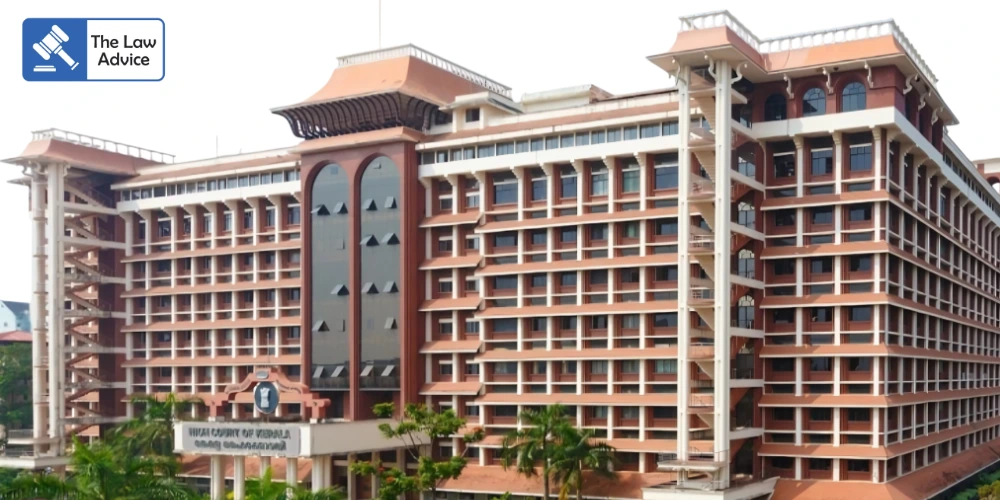The Kerala High Court has held that the phrase “without unnecessary delay” in Section 21(1) of the Arms Act, 1959, which requires surrendering a firearm after the expiry of its licence, is too vague and indefinite to form the basis of criminal prosecution on its own.
Justice V.G. Arun delivered the judgment while quashing the criminal proceedings against the petitioner, who was charged for depositing his licensed firearm three months after the expiry of his licence.
The petitioner had filed for licence renewal ten days prior to expiry and eventually surrendered the firearm at a licensed armoury on March 18, 2017, which was three months post-expiry. The prosecution contended that this delayed deposit violated Section 21(1) read with Section 25(1-B)(h) of the Arms Act, which mandates the deposit of arms after licence expiry “without unnecessary delay.” The prosecution also cited Rule 24(2) of the Arms Rules, 2016, which requires renewal applications to be filed 60 days before expiry.
However, the Court emphasized the fundamental legal principle of “Nulla poena sine lege”—meaning no punishment without clear law—stressing that penal provisions must be precise, clear, and specific to avoid arbitrary application.
The Court noted that the Arms Rules, 2016, themselves provide for the acceptance of renewal applications even after licence expiry, as long as the delay is not “unduly long,” underscoring the absence of any strict statutory deadline for depositing the firearm.
In support, the Court referred to the decision in Devasia Mathew v. State of Kerala (2017), where it was held that surrendering the firearm within six months after licence expiry qualified as depositing it “without unnecessary delay.”
In the present case, a delay of three months was found not sufficient to amount to ‘unnecessary delay’ that could attract criminal liability.
Accordingly, the Court allowed the petition and quashed the criminal proceedings initiated against the petitioner.
• Case Title: Elvin John Mathew v. State of Kerala
